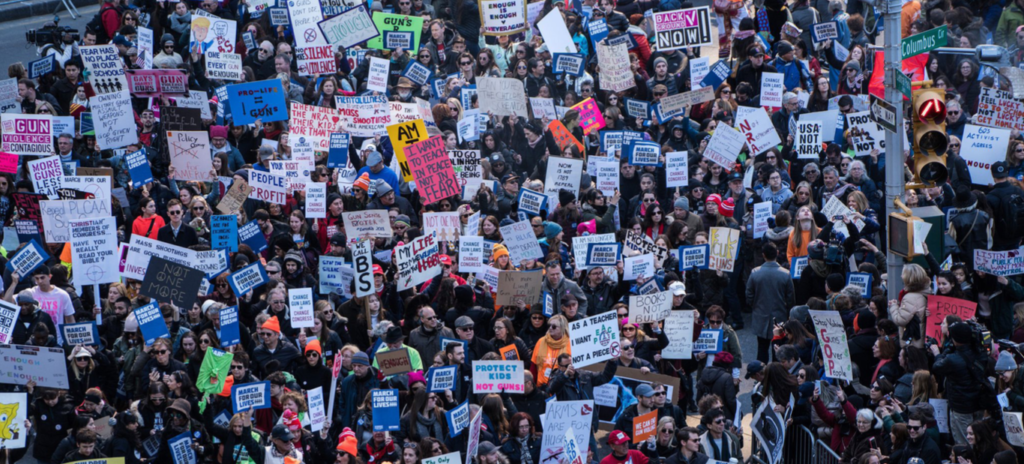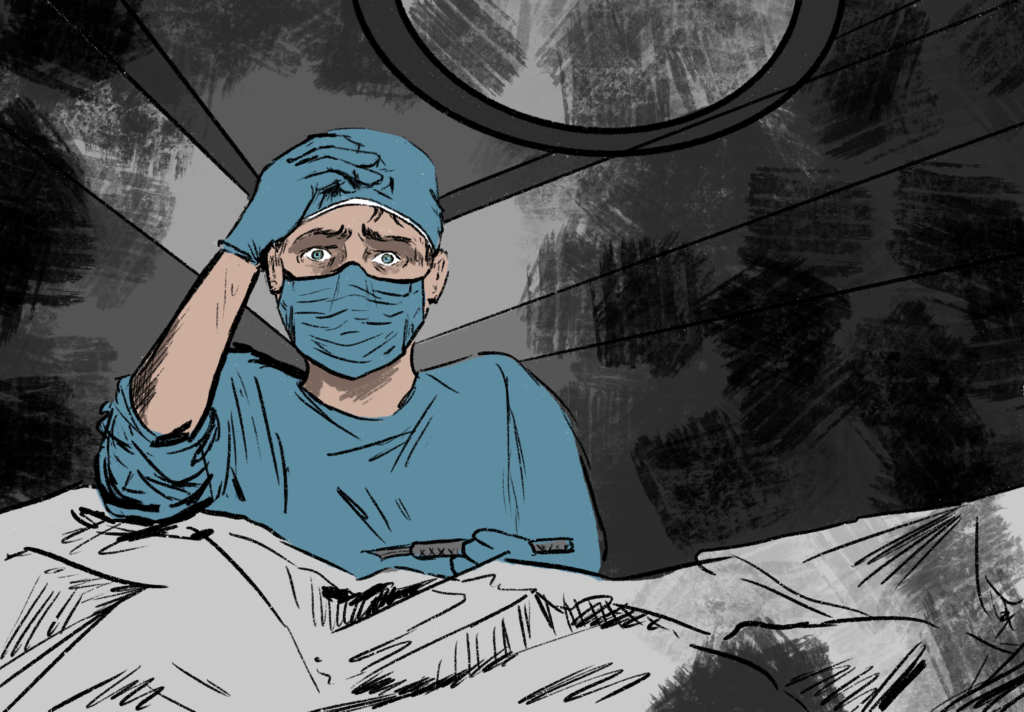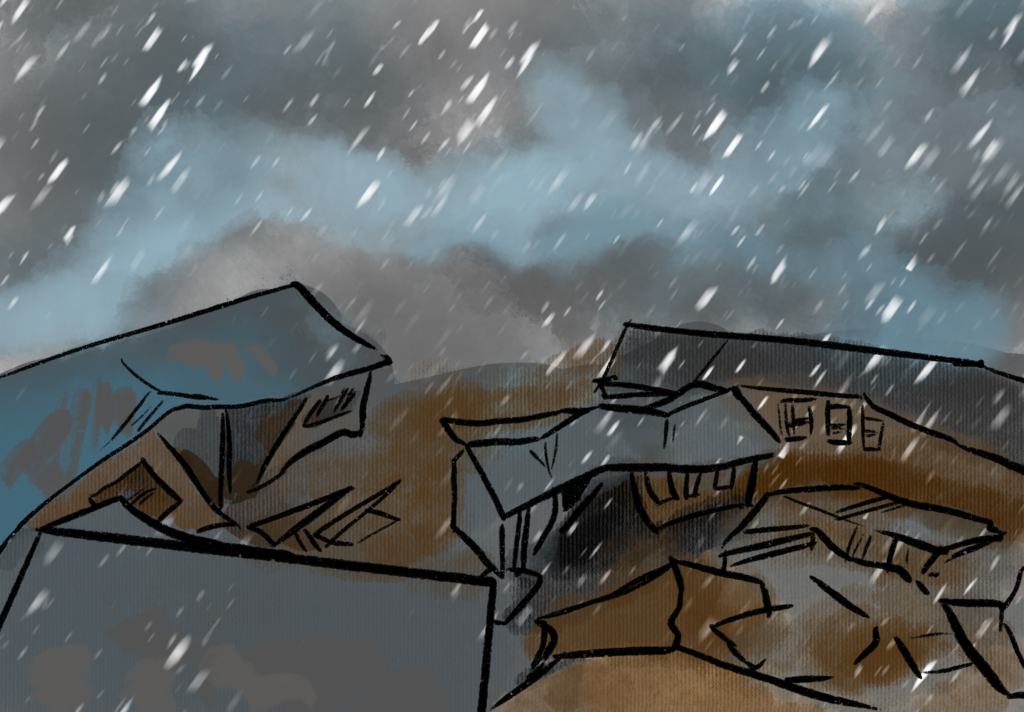The feeling of a protest is difficult to describe; it’s probably closest to a sense of intense productivity, as though you have the ability to change the world around you. However, as the days after a march pass, this sensation begins to wear off, and I often find myself wondering if what I did was truly productive or rather some sort of giddy illusion. I am sure many of my fellow Choate students who turned out for the March for Our Lives feel the same way. We must, however, remember that public demonstration is an effective and fundamental part of our democracy.
For those who are silenced, protest is the single most powerful tool to achieve social justice. It is so vital to the maintenance of our democracy that the Founding Fathers guaranteed it in the first amendment of the Bill of Rights. Historically, it has allowed the most marginalized to have a voice in our government and make the majority aware of the violation of minority rights. However, in past years, this definition has shifted somewhat. Both the Women’s March and the March for Our Lives were not expressions of minority opinions; they represented the voices of large swaths of the population whose opinions and beliefs have often come second to the voices of moneyed interests and structures such as the Electoral College. But for many Americans, whether they are in the minority or majority, public protest is the most meaningful form of democratic expression. This is particularly true for young people, like the organizers and many participants in the March for Our Lives. Because we are currently unable to vote, protest is the most basic and necessary form of political participation.
Public demonstration is an effective form of social change because it has the ability to dramatically increase the visibility of an issue and persuade politicians to make change. High turnout leads to media attention, which can help lift up the voices of the march’s speakers, participants, and leaders. The magic of protest is that by simply getting out of bed and joining a group of people, it is possible to contribute to something much larger than yourself and to amplify your own voice and the voices of others. Large demonstrations are able to change public dialogue and force politicians to listen. Politicians work for us, but they aren’t mind readers. We must tell them what we want and doing so publicly holds them accountable to their constituents.
The March for Our Lives has been notably effective on this front. Today, the press struggles to focus on one topic for more than a couple of days. The students of Marjory Stoneman Douglas High School in Parkland have led a movement so large and so loud that the press is no longer allowed to simply move on. The march was a more tangible way to stop the country from forgetting about what happened.
The movement has also been incredibly efficient when it comes to making legislative change. In the wake of the students’ efforts, new gun control measures have been put in place on the local and state level. For example, the Florida senate passed a bill that raised the legal age of firearm purchase to 21 and banned the sale of bump stocks; the banning of bump stocks was also enacted in Washington by Governor Jay Inslee. This sort of change would have been unimaginable in today’s political climate without the work of these students and the many people who turned out to show their support for them.
Demonstrations also have the ability to galvanize their participants to act once they return home. Everyone who marched must now roll up their sleeves and get to work. I encourage all students to help keep this movement alive. Those who are turning 18 before November 6 must register to vote and, subsequently, vote out any politicians who do not support stronger gun legislation. The many students who are too young to register to vote should instead call their representatives and urge them to support common sense gun control. Additionally, many students can work on campaigns for the 2018 midterm elections. However one chooses to act, they must channel the energy and the emotions brought up during the march to make sure that the work we have begun effects lasting change for our generation and those to come.





